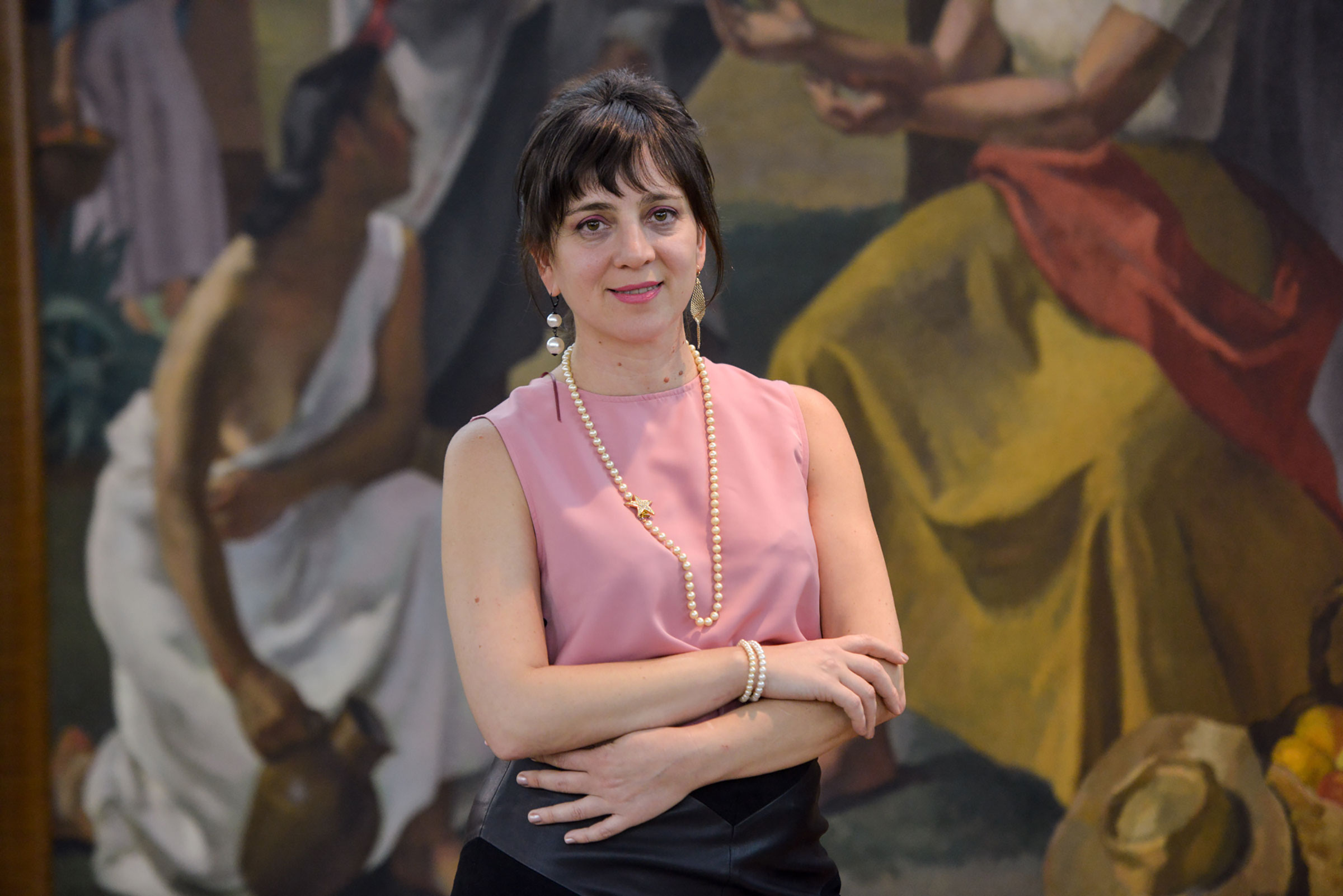Pandemic-related job losses have hit women harder than men. But in Argentina, economist Mercedes D’Alessandro is determined to soften the blow that this period poses for gender equality in the workplace. After five years of analyzing the subject through her media outlet Economía Femini(s)ta, in 2020, D’Alessandro became the Argentine government’s first ever national director of gender, equality and economy. In September, her office published a report quantifying the economic value of unpaid care and domestic work—three-quarters of which is carried out by women in Argentina—at 15.9% of GDP, more than all other sectors. That understanding of women’s labor underpins the 2021 national budget, targeted to support women through measures such as expanded public infrastructure for childcare and requirements for state construction contractors to employ more women. Going forward, one of D’Alessandro’s priorities is to lengthen Argentina’s two-day state-mandated paternity leave (mothers get 90 days). But she says all economic policy in Argentina needs to account for gender. Thanks to her, it likely will. —Ciara Nugent
- Cybersecurity Experts Are Sounding the Alarm on DOGE
- Meet the 2025 Women of the Year
- The Harsh Truth About Disability Inclusion
- Why Do More Young Adults Have Cancer?
- Colman Domingo Leads With Radical Love
- How to Get Better at Doing Things Alone
- Michelle Zauner Stares Down the Darkness






